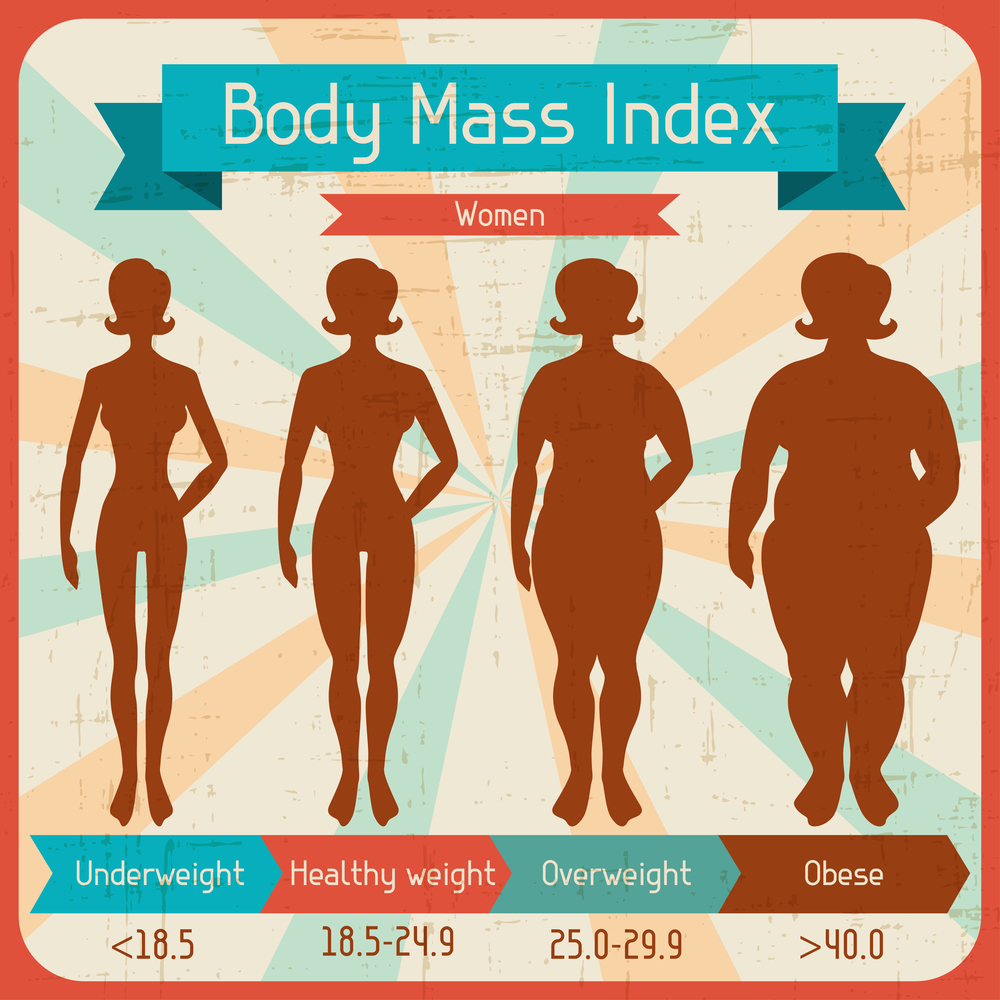This post may contain affiliate links which won’t change your price but will share some commission.
No one wants to be obese. We can kind of accept being overweight and so we justify to ourselves and others that we are a few pounds overweight, rather than admitting that we are over the line into obesity. I was in the obesity category for 17 years, but did not admit that even to myself.
So when does overweight become obese?
The CDC standards say that when your BMI (body mass index) is more than 30%, you are obese.
- If your BMI is less than 18.5, it falls within the underweight range.
- If your BMI is 18.5 to <25, it falls within the normal.
- If your BMI is 25.0 to <30, it falls within the overweight range.
- If your BMI is 30.0 or higher, it falls within the obese range

Then the CDC further defines classes of obesity.
Obesity is frequently subdivided into categories:
- Class 1: BMI of 30 to < 35
- Class 2: BMI of 35 to < 40
- Class 3: BMI of 40 or higher. Class 3 obesity is sometimes categorized as “extreme” or “severe” obesity. (source)
This link will calculate your BMI for you.
But is BMI accurate and can we trust it to indicate our status in terms of weight and obesity?
BMI and its usefulness is a controversial topic indeed. There are other ways to calculate body mass and fat and consider where we may fall.
Waist to height ratio -Waist should be half or less of your height.
Body adiposity index – BAI multiplies your hip circumference by your height.
Waist to hip ratio – Divide the circumference of your waist by your hip circumference measurement.
Body Fat Measuring – Requires special calipers and must be done by an expert. (source)
Okay, so why does this all matter. No one wants to be fat. Why make it worse by calling it obesity?
It matters because obesity has a very high correlation with various disease, especially diabetes and heart disease, but includes many others as well. Although many look at obese people and assume they are folks with no self control when it comes to food, this is not an accurate assessment. Anyone struggling with obesity has other factors, going on and often they are related to hormones.
Is it possible to be fat but fit?
There is controversy over this issue but I recently listened to a video from Dr. Alan Christianson on this very topic. His conclusion is no, not really. The risks of various chronic diseases goes up significantly over time for those who are obese. So for instance, “healthy” obese populations are 2.6 x/likely to develop heart disease. But a move from obese to overweight, does drop the risks significantly. And small amounts of weight loss seem to make a difference that is worth noting as well, because visceral fat is being lost and that is a large part of the health issues. (source) Visceral fat is the fat that stays around our organs and it is part of what makes a big problem for most of us.
So what do we do if we are obese?
Most people in the obese don’t want to be in this category. Often they have tried unsuccessfully to lose weight and eventually give up in frustration. I believe there is hope for those who fall into this group. But it is not easy. It is important to recognize and identify the reasons weight loss has become such a huge obstacle. Hormones are one big factor in this, especially for women. Two of the hormones that make weight loss so difficult are leptin and insulin, both also factors in pre-diabetes and type 2 diabetes.
The two biggest interventions I recommend to anyone who wants to lose weight and get out of the obese grouping are intermittent fasting and the low-carb, high-fat or keto diet. These things can often work when others have not, because they bring the leptin and insulin levels down and the person is finally able to lose weight. High insulin levels tend to make people gain weight and even if someone is diagnosed as diabetic and taking insulin, it is very possible to have insulin resistance or metabolic syndrome and have high insulin levels in the body.

Very helpful! Thank you!